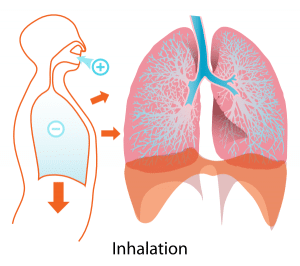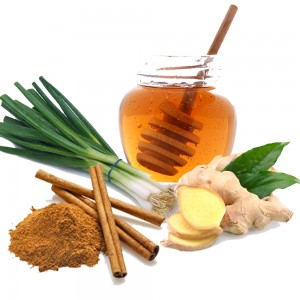Utilizing food as medicine is a powerful tool that anyone can use to not only feel their best, but to avoid ailments that correspond to their life or environmental stresses that may be present. The concept of using food as medicine is a long-held tradition of civilizations throughout human history yet sometimes can be forgotten in our fast paced and often stressful world. The following is meant to give you an idea of what type of conditions affect your body and its ability to function based on environmental factors, and how you can balance these factors by choosing the appropriate foods.

How the Weather Affects the Body
We will begin with the present winter months, and how choosing the right foods (as well as avoiding some others) can help to balance your body’s function as old man winter blasts us with factors such as cold and dryness. The lung’s function is very important to staying healthy during the winter months. It acts as the “front line” of your immune system, and is also very susceptible to external conditions. This is due to the proximity of the lung to the outside world. When you step out on a sub-zero morning and take that first icy breath, your lung is literally taking in the external environment with very little to filter out conditions that are hard on it. This, coupled with our tendency to stay indoors with little outside ventilation like open windows, is why it’s not a coincidence that winter is the most prevalent season for colds and flu.
Based on the two main factors present during the winter season, cold and dryness, we can choose foods that both warm and moisturize our bodies. We can also focus a bit more on boosting lung function so that our immune systems remain strong during the cold and flu season.
Foods for Winter

There are also foods that can directly boost lung function to keep the immune system strong. Both pears and broccoli help the lung and can utilize the above listed ingredients perfectly. Pears gently cooked with honey and cinnamon make a great winter snack or dessert to come home to after a long winter day. And broccoli lightly stir-fried with ginger and green onions is a delicious side dish for any meal.
Both of these dishes can help boost your body’s function to remain strong during this very taxing season, but some foods should be avoided during the winter months. Raw foods have a cold factor to them, as the body needs to spend resources to warm them up for digestion. We should therefore lightly cook any vegetables during the winter. This also means that cold beverages are especially taxing on the digestive function and should also be avoided.
By adding these easy to find ingredients and avoiding the cold and raw ones, we can all bear the long winter with better health and vitality.


